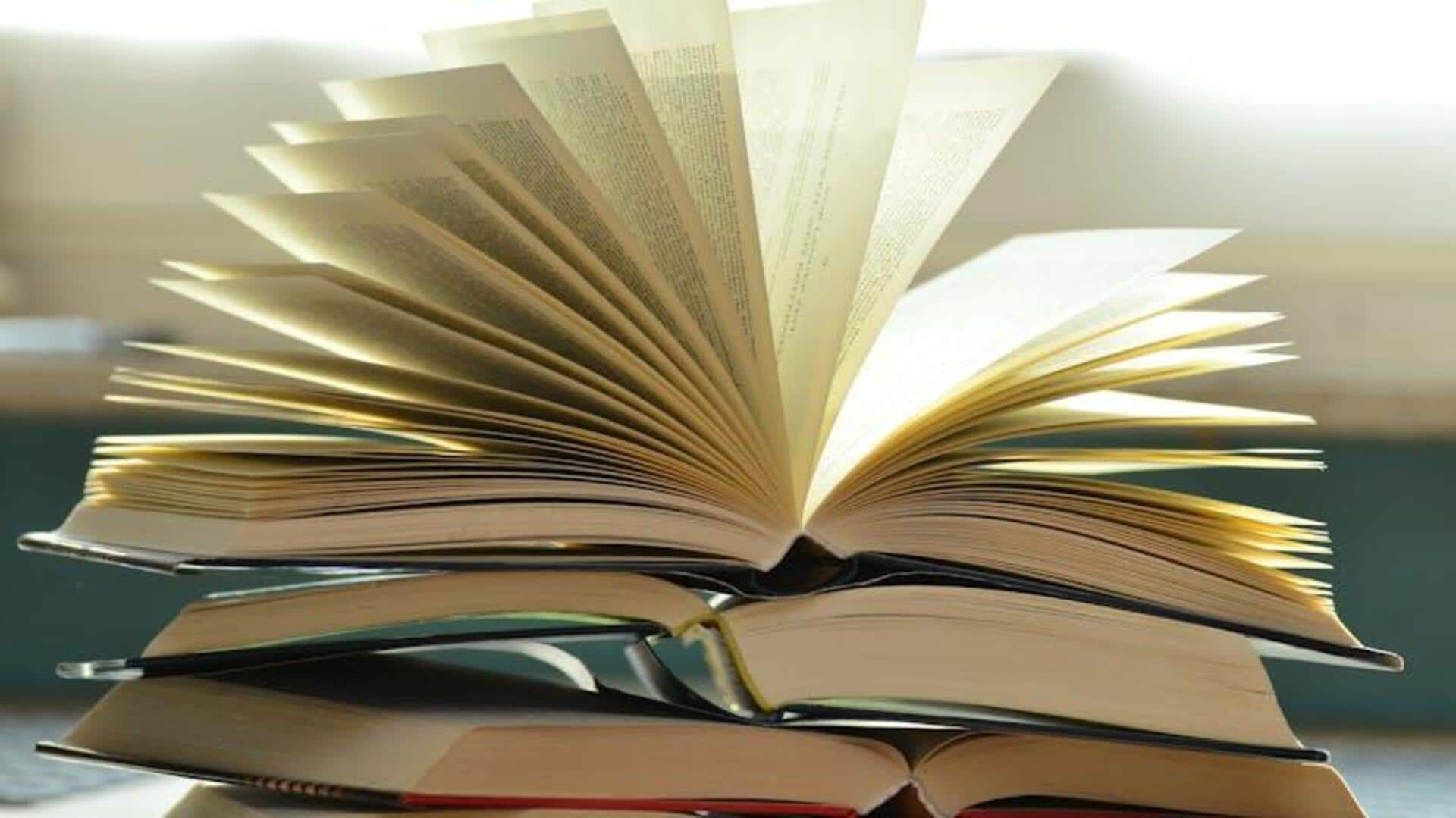
African literature: Top books by Mariama Ba
What's the story
Renowned Senegalese author Mariama Ba has been pivotal in bringing African literature to the fore. Her works often depict the rich cultural tapestry and social dynamics of the African continent. Here's what her literary journey has suggested as several African literary gems that give profound insights into the continent's diverse narratives.
Personal reflection
'So Long A Letter' by Mariama Ba
So Long a Letter is one of Mariama Ba's most celebrated works. The novel explores friendship, love, and societal expectations through letters exchanged between two women. It offers an intimate glimpse into personal struggles and triumphs in the context of Senegalese society. The narrative style enables readers to connect deeply with the characters' emotions and experiences.
Cultural insight
'Things Fall Apart' by Chinua Achebe
Things Fall Apart by Chinua Achebe is another recommendation from Mariama Ba. It explores the pre-colonial life in Nigeria. The book depicts the complexities that traditional societies face in the wake of colonization. Through its beautiful prose, painting a picture of Igbo culture and traditions, it helps you understand how external influences can break the normalcy of established lives.
Societal dynamics
'The Joys of Motherhood' by Buchi Emecheta
Another one of Mariama Ba's recommendations, Buchi Emecheta's The Joys of Motherhood, also examines gender roles within the Nigerian society. The novel follows protagonist Nnu Ego as she navigates motherhood amidst societal pressures and changing norms. It depicts not only the struggles faced by women in balancing familial duties with personal aspirations but also broader societal changes impacting their lives.
Identity exploration
'Nervous Conditions' by Tsitsi Dangarembga
Another gem suggested by Mariama Ba is Tsitsi Dangarembga's Nervous Conditions. It explores the theme of how identity is formed against the backdrop of Zimbabwe's socio-political reality. The story follows Tambu as she longs for education. She struggles with cultural expectations that her gender role is supposed to fulfill within family structures. It gives insights into individual struggles for self-definition against larger constraints of society.